Princess Leonor, heir to the Spanish crown, will formally swear loyalty to the Spanish constitution on her 18th birthday this week, a milestone that many in Spain say is helping the royal family move on from the scandal-tainted reign of her grandfather, Juan Carlos.
At Queen Elizabeth’s funeral in London in 2022, Leonor’s father and current King of Spain, Felipe VI, and Juan Carlos, were seen together publicly for the first time since the latter moved to the United Arab Emirates in disgrace in 2020 following a string of financial scandals that damaged his reputation. Since then he has returned discreetly to Spain for several boating events.
Once revered for his role in easing Spain’s transition to democracy following decades of dictatorship, financial scandal forced Juan Carlos to abdicate in 2014, after nearly 40 years on the throne, and then to leave the country.
READ MORE: Spain’s ex king and son side by side at Elizabeth II’s funeral
The public meeting of the King and (disgraced) former King caused a media frenzy in Spain, and the fact Spanish media outlet ran 24/7 coverage of events in London shows that the Spanish public (or Spanish journalists and TV producers) are interested in monarchy. It makes good TV, at least.
But with Princess Leonor now coming of age and able to formally take over the throne when the time comes, is she altering perceptions of the royal family in Spain?
And what do Spaniards think about their royal family? Are they for or against the idea of monarchy? Who are the most (and least) popular royals? Is it a political issue like it is in the United Kingdom, for example?
Monarchy or republic?
According to Spanish social research firm GAD3, data from 2021 shows that 55.3 percent of Spaniards polled prefer a parliamentary monarchy compared with 36.9 percent who would prefer a republic.
Just 4.4 percent of respondents were indifferent.
READ MORE: Spanish King seen with disgraced father for first time in two years
The numbers
Figures from El Confidencial show that 56 percent of Spaniards polled positively view King Felipe, and that almost half (49.5 percent) approve of his reign since taking over from his father.
27.1 percent of those polled disapproved of the Spanish King, and of respondents asked how their opinion of Felipe VI had changed over time, between 2019 and 2021 46.9 percent said their opinion was unchanged; 28.2 percent said it had improved; and 24.9 percent it had worsened.
Asked how they rated Felipe’s performance as King since his reign began, 49.5 percent said they approved, 27.1 percent disapproved, and 22.2 percent were indifferent.
Though the personal approval ratings are relatively positive for Felipe VI, public opinion on the state of the monarchy more broadly isn’t as healthy. Of respondents polled by IMOP, 70.9 percent of Spaniards believed that the monarchy is in a weaker position now that it was seven years ago.
Queen Letizia, the former journalist and news anchor who married the King when he was Prince of Asturias, scored a 54 percent approval rating – the second lowest of the royal household but an improvement on her 2019 score of 48 percent.
The former Queen, Sofía, who was on the throne between 1975 and 2014 as the wife of King Juan Carlos I, enjoys the same 64 percent approval rating as her son and has managed to remain relatively untarnished by the scandals of her husband.
Finally, in no great surprise to anyone, the disgraced former King Juan Carlos scored a 35 percent approval rating.
‘Leonormania’
Leading up to the Princess’ birthday, Spain has been gripped by ‘Leonormania’ and she has been given a greater public profile in recent months.
READ ALSO: Leonor turns 18: What you need to know about Spain’s crown princess
Leonor officiated at Spain’s national day ceremony for the first time recently, alongside King Felipe. The princess offers a “counter image” to her disgraced grandfather, Jose Antonio Zarzalejos, former editor of the royalist daily newspaper ABC, told AFP. “She has no baggage, no history, her story is a normal one, of family and studies.”
Juan Carlos’ “son restored the reputation of the monarchy and his granddaughter will give it continuity,” he added.
This PR campaign seems to be working, and Leonor’s increased public profile seems to be helping public perception of the monarchy in Spain. According to polling from El Mundo, 63 percent of Spaniards believe she will make a good head of state. She is already the highest rated member of the Spanish royal family according to approval rating data, surpassing her father.
Spaniards polled gave the heiress to the throne a remarkably high 8.2 score, compared to the 7.3 for the King.
The demographics
The data for sentiment towards the monarchy along political demographics largely reflects the statistics in other constitutional democracies. In general terms, the more left-wing respondents were, the more supportive of republicanism they were. This was also true for age – the younger the respondent the less likely they are to be monarchists.
Right-wing voters over 45 are the group most likely support the monarchy.
Felipe VI scored 75 percent approval rating among respondents over 65 years old, but but just 54 percent among respondents between the ages of 25 and 34.
In terms of education, it seems the more educated someone is the less likely they are to approve of the monarchy. Respondents with just a primary education gave the King a 74 percent rating, secondary 63 percent, and university educated respondents just 60 percent.
The politics
The demographics of monarchists and republicans largely bears out in Spain’s politics.
According to a GAD3 study for Spanish media outlet ABC, public opinion on the monarchy reflects the political polarisation in the country, and partisan alignment is a strong indicator of support for or against it.
The only political party where voters are torn on the monarchy vs. republic debate is PSOE. When polled, 44 percent of PSOE voters (from the 2019 general election) said they preferred a monarchy to a republic, but 47 percent said they wanted a republic.
Though PSOE’s base is split down the middle on the issue of monarchy, for voters of Spain’s other political parties public opinion is much more monolithic.
95 percent of PP – Spain’s centre right party – support a monarchy, matched only by far-right Vox with 94 percent.
Centrist Ciudadanos voters preferred monarchy by 76 percent to 16, and just 14 percent of far-left Unidas Podemos voters prefer monarchy, with 84 percent wanting a republic.

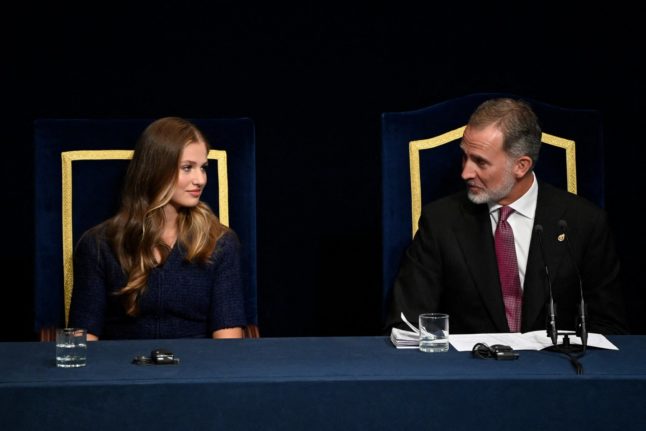
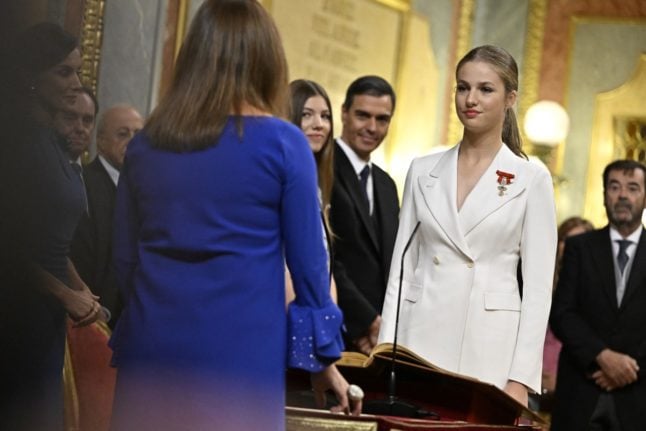
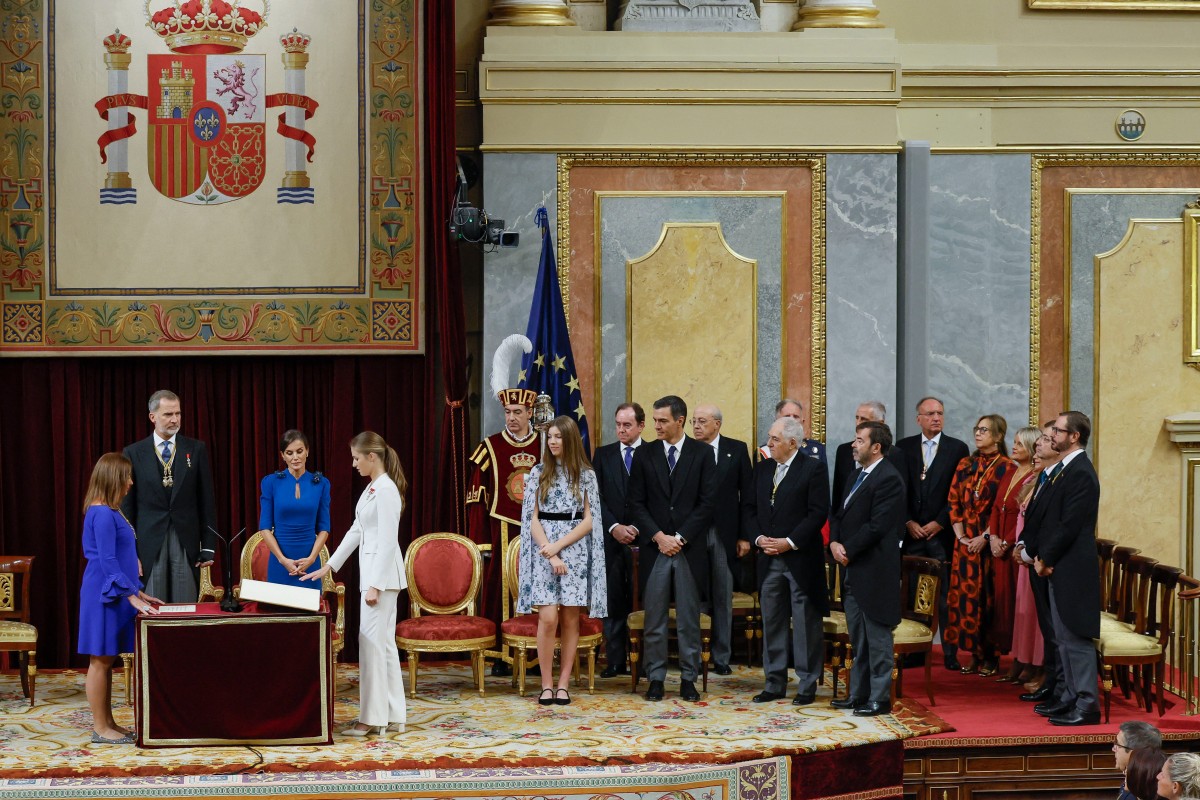
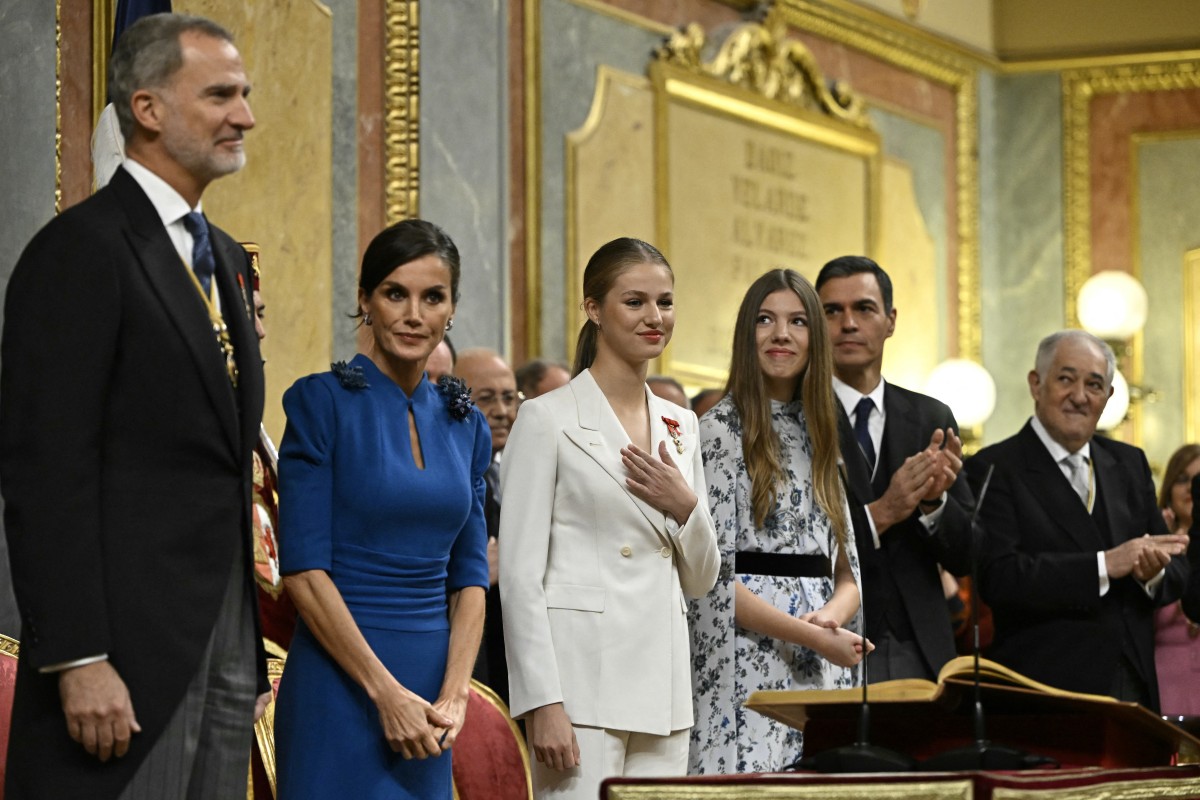
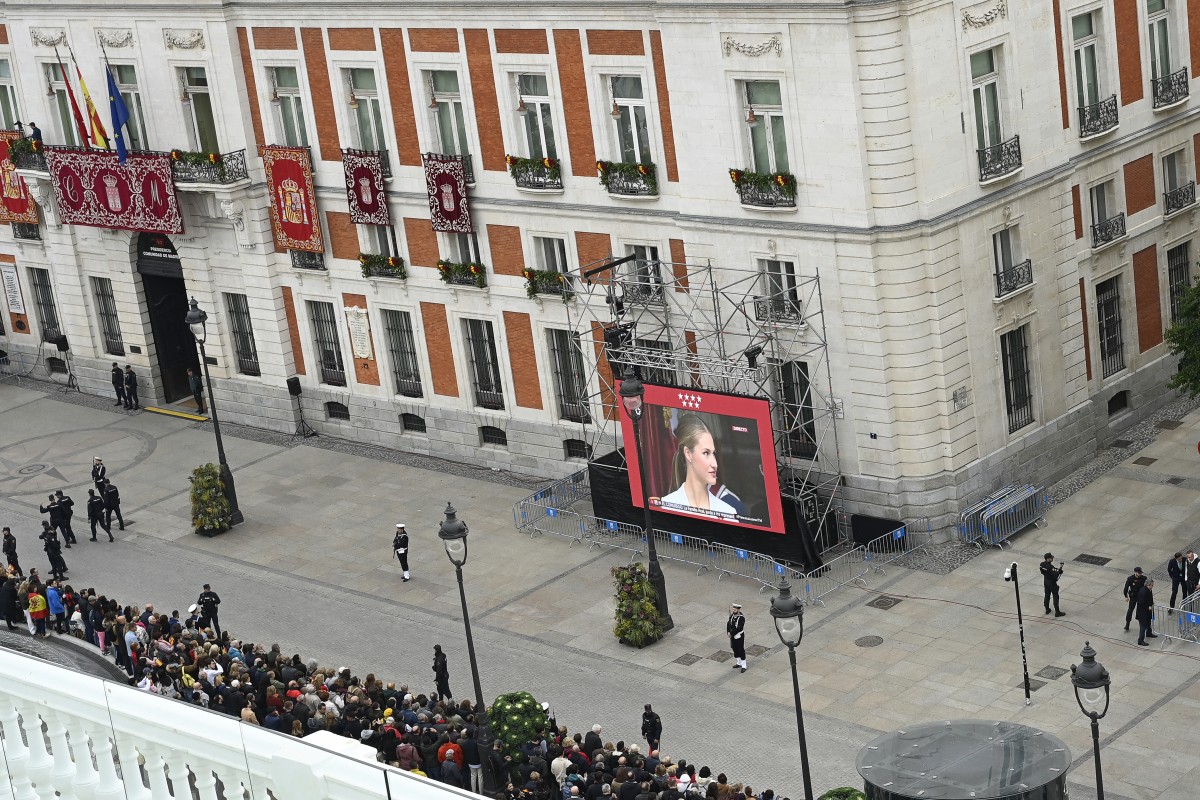
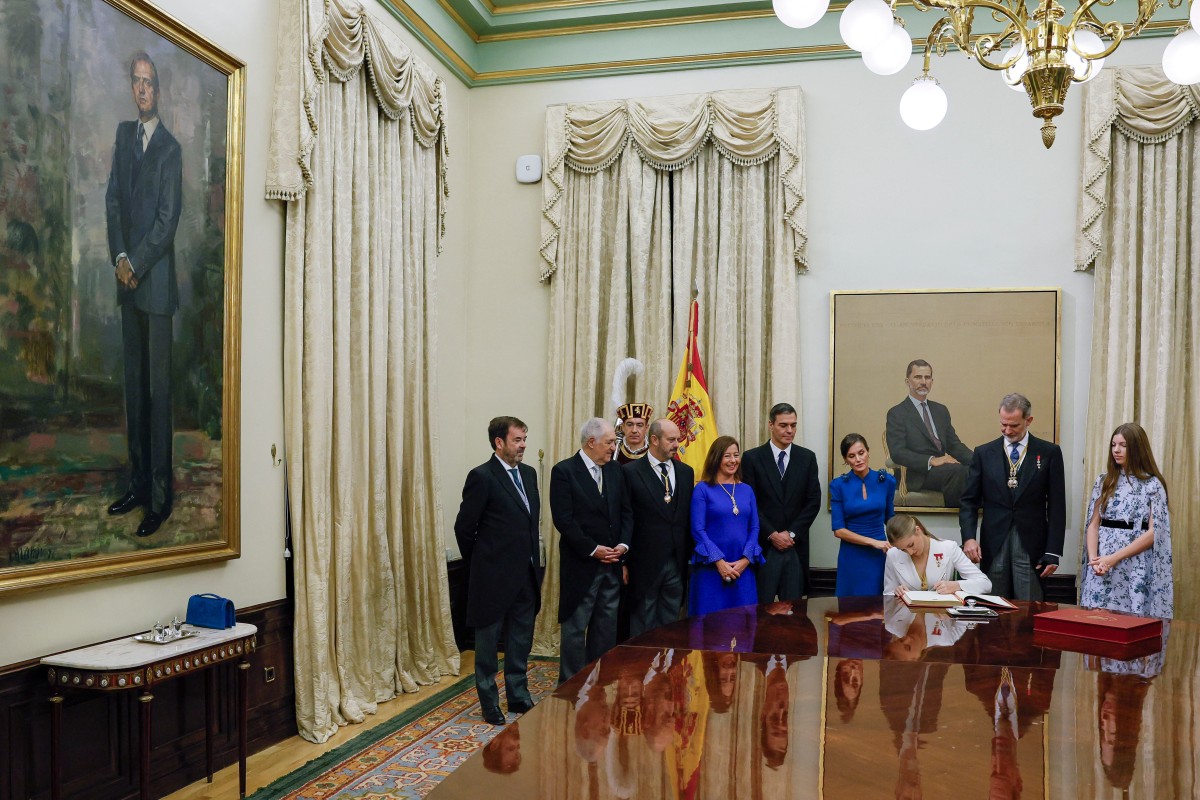
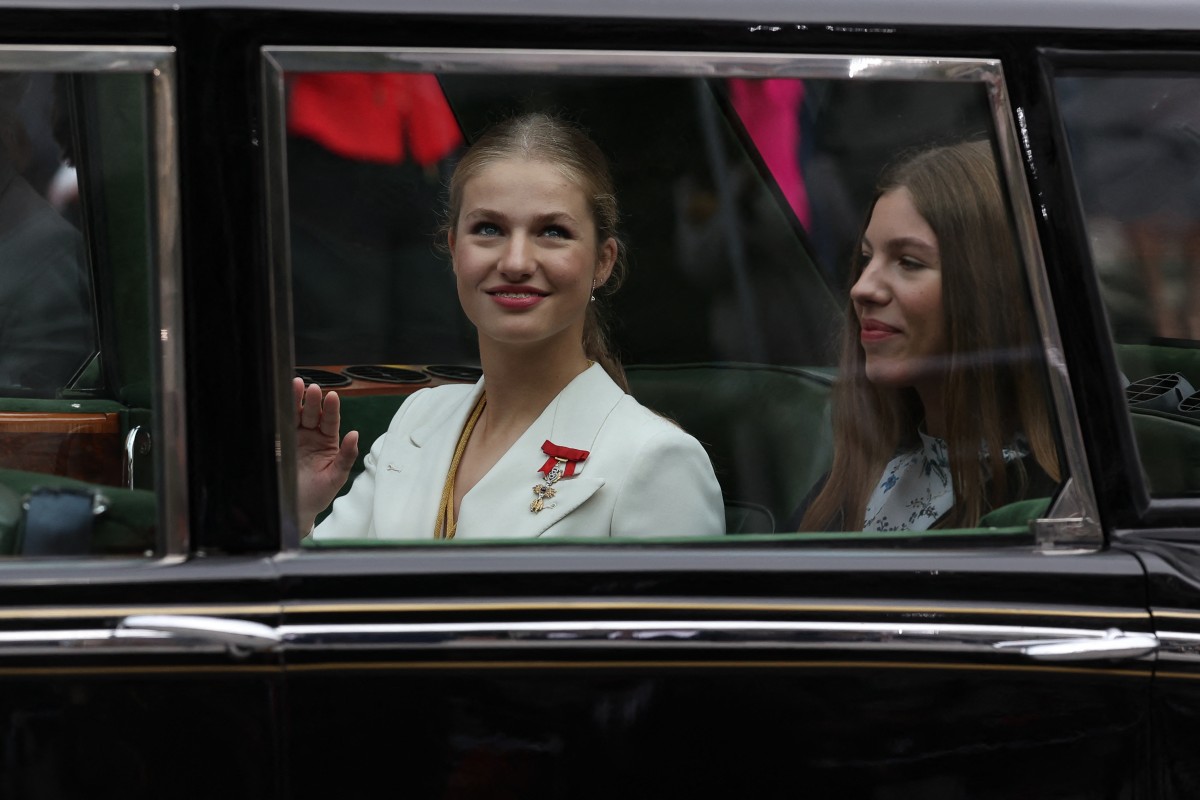
 Please whitelist us to continue reading.
Please whitelist us to continue reading.
Member comments